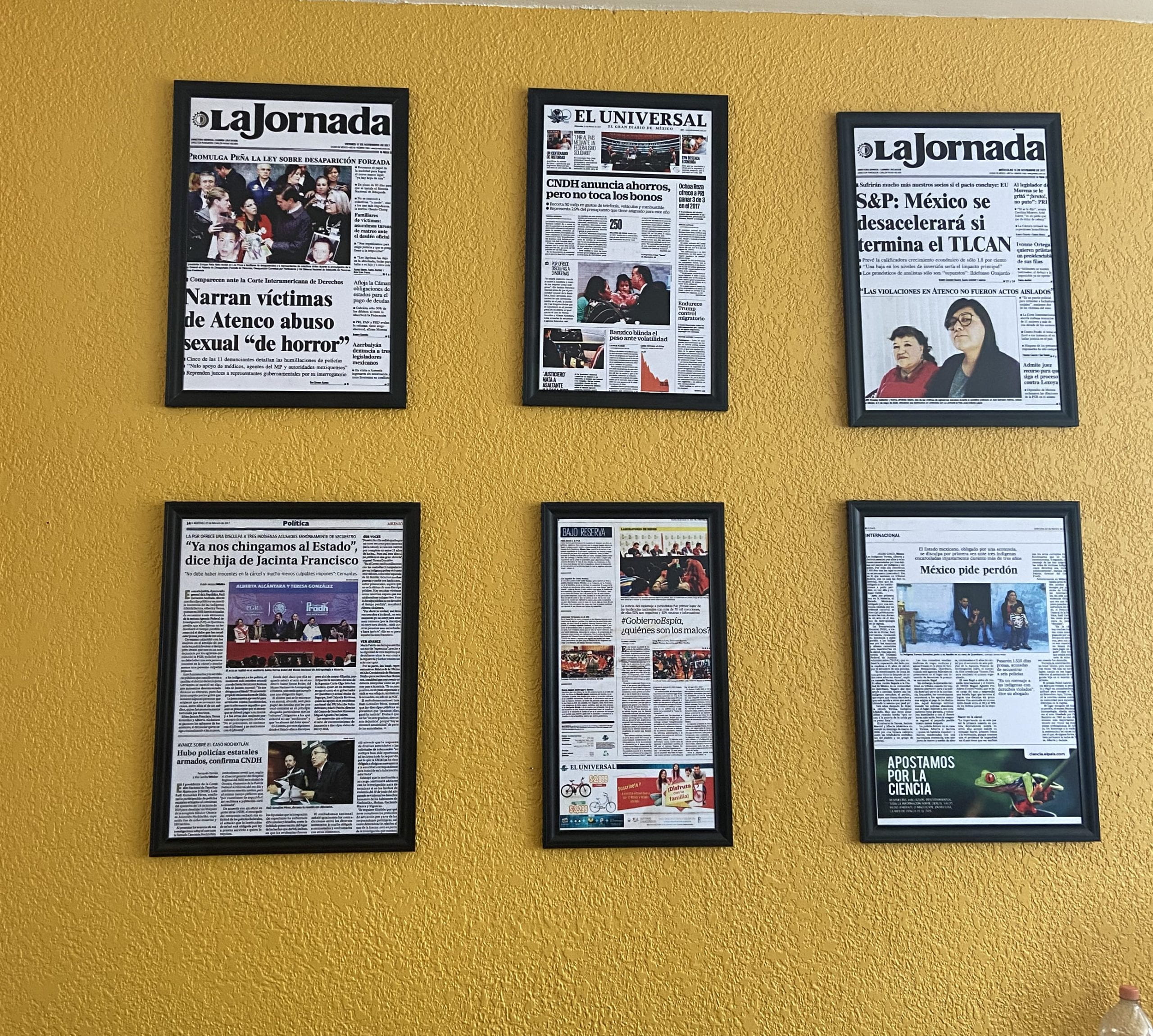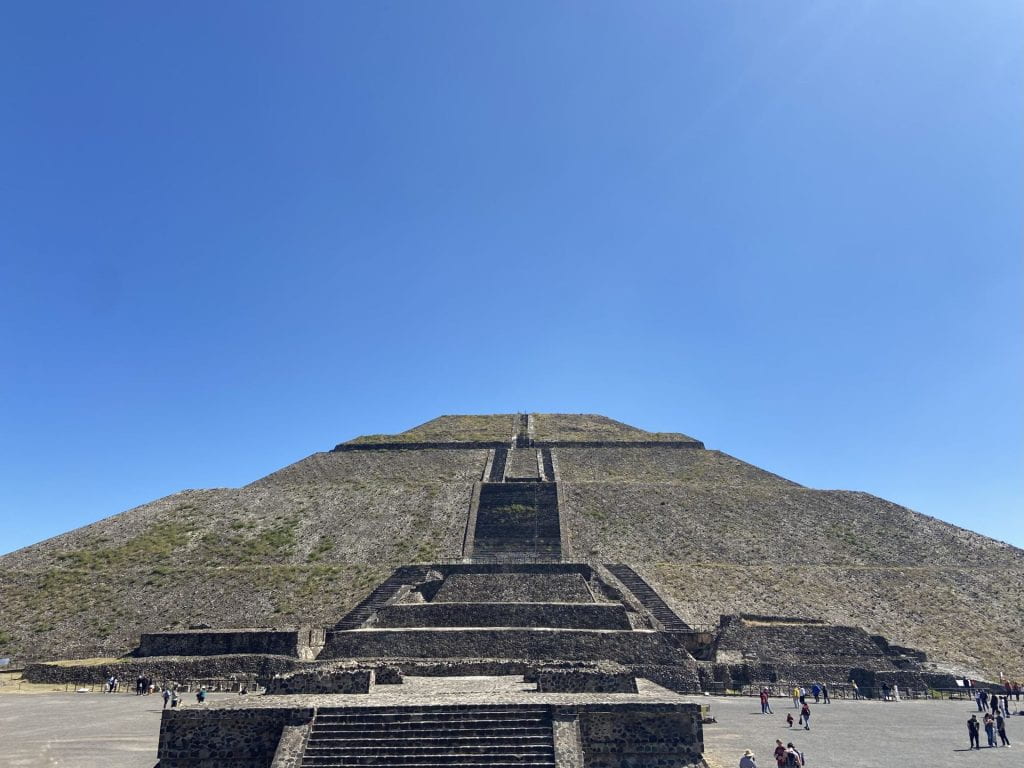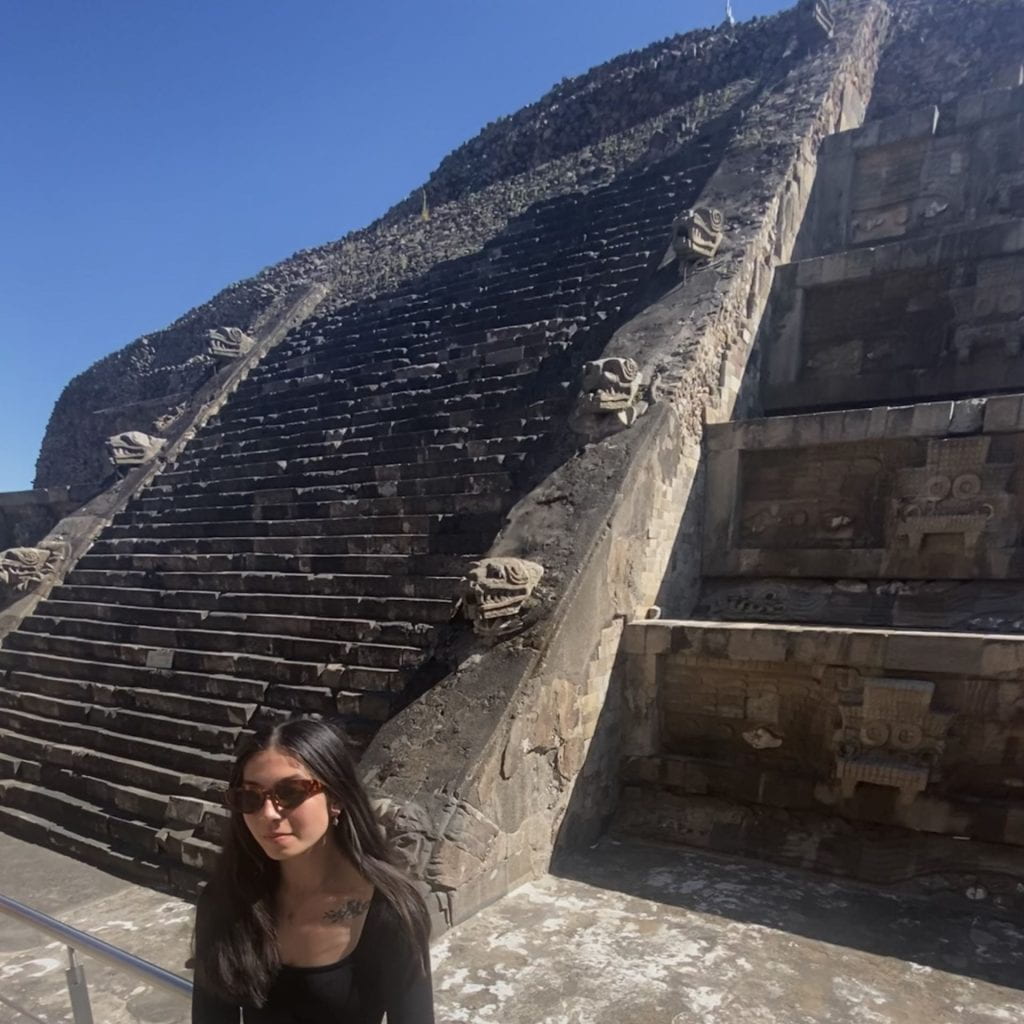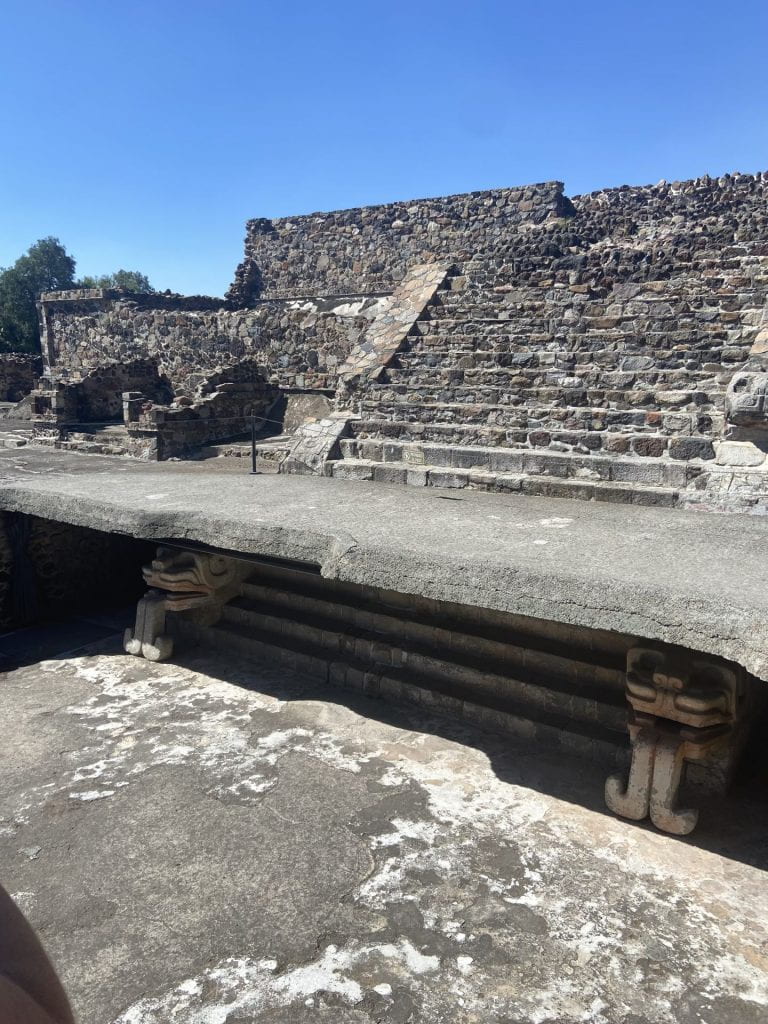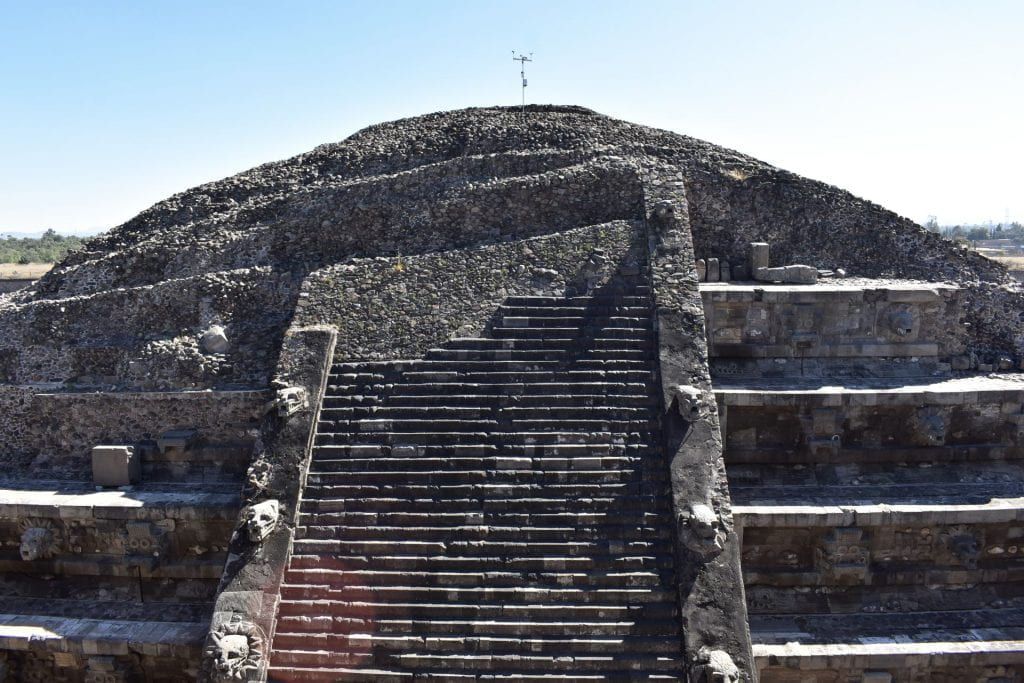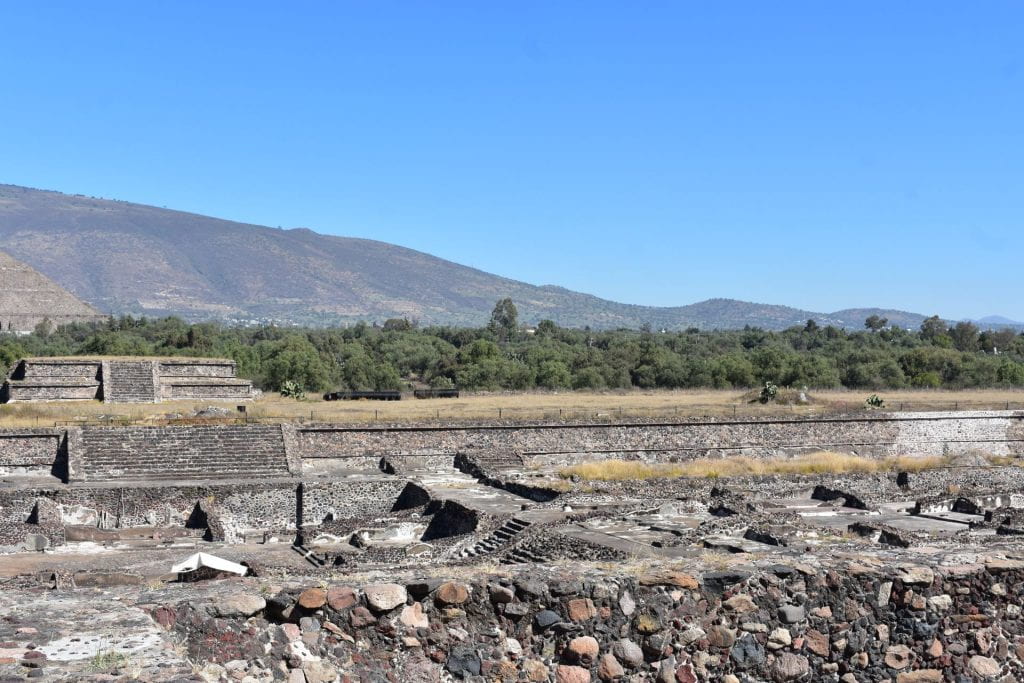Welcome to week two of living in Mexico City! This week has been more hectic than the previous week. All of us international students started uni on Monday, the 9th of January, alongside the domestic students. It was very packed. Starting uni in a new environment was nerve-wracking and felt like that nervous buzz you got when you were a kid the night before going to school camp. As a group, we all caught IBERO’s special bus that took us straight to uni. The bus ride there was incredibly bumpy; it felt like a mini roller coaster at some points! Usually, my bus ride to uni takes about 20 minutes in Auckland traffic, but here it takes over an hour to reach uni! When we arrived, I was in awe of how stunning IBERO’s campus was and how friendly everyone was.
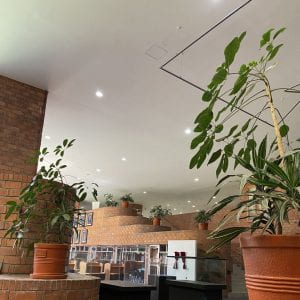
Our schedule for the upcoming weeks at IBERO is jam-packed. From Monday through Thursday, we have a 9-11 am Spanish lesson, a workshop, an expert meeting, and lectures. On Friday, we have a meeting with an NGO working on a social issue we are studying that week. This week’s lecture series focused on human rights. Coming from a science background rather than global studies, I hadn’t been exposed to such complex issues, so it was a big shock to the system. Still, I found the topics to be extremely impactful, and I thoroughly enjoyed learning about the social realities in Mexico, even though it is quite challenging. It’s taking me more time to grasp different terminology; however, I’m doing my best to catch up!
This week we visited the non-profit NGO Centro Prodh, which is doing amazing work in the human rights sector. Centro Prodh supports and defends those affected by significant human rights violations in Mexico. During the visit, we learnt about the things being done to support those affected, families affected, and communities affected. One of the things we learnt that had the most profound effect on me was learning about the statistics connected to enforced disappearances. Over 100,000 people are missing, and over 52,000 unidentified bodies are thought to be related. Looking at different cases that Centro Prodh has taken on was very emotional. One of the most profound cases we learned about during our visit was the case of the bus of 43 students in 2014 who went missing in Guerrero, one of Mexico’s most violent states. No significant information was found, and no real development of what happened to those students. This visit concluded the end of a week of the hard-hitting human rights topic and the first week on the IBERO campus.
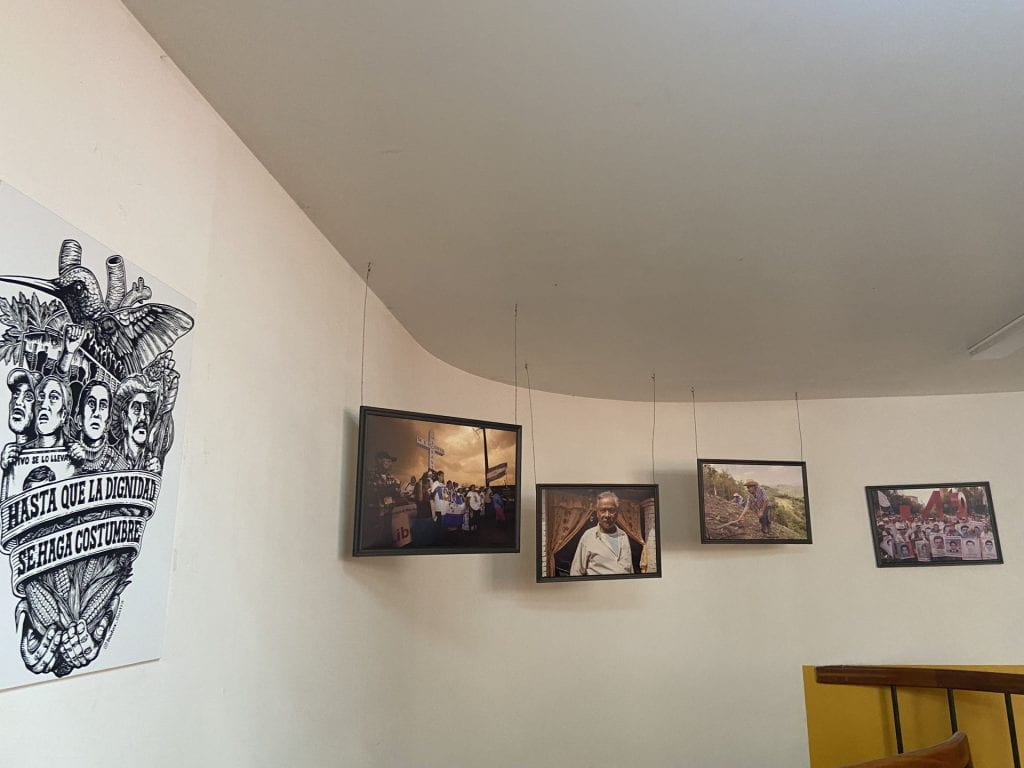
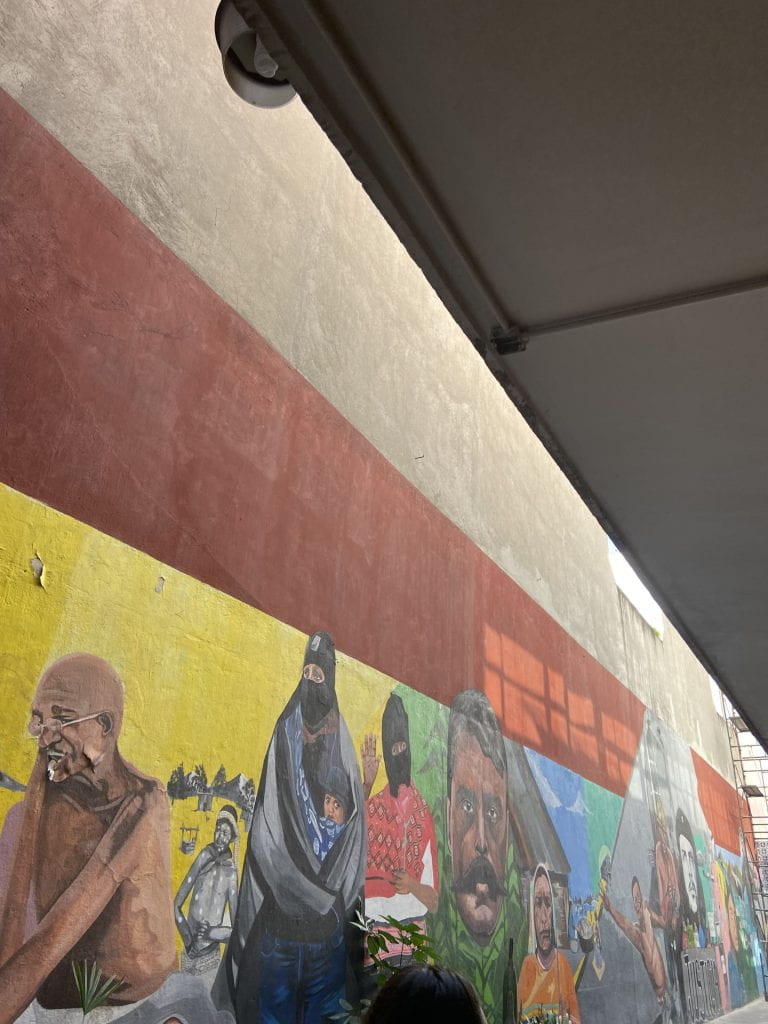
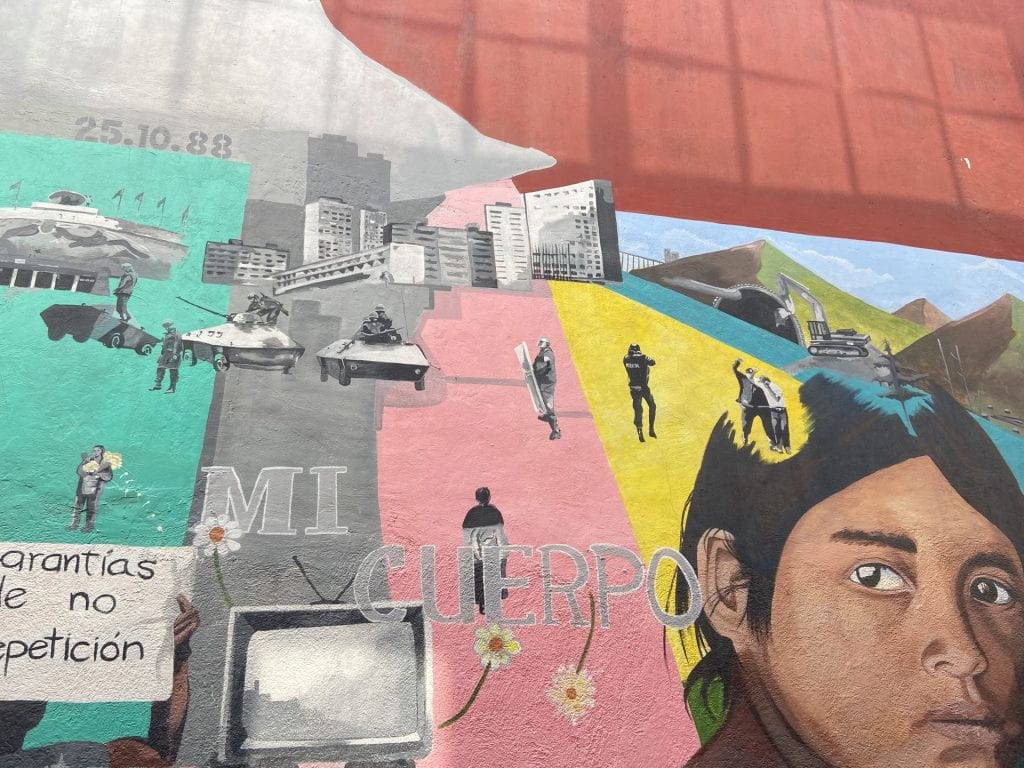
We went to Teotihuacan’s pyramids on Saturday, about an hour outside Mexico City. The pyramid of the sun is one of the most remarkable ones there. The size of this pyramid overshadows all the others. There is the pyramid of the sun and a smaller pyramid known as the pyramid of the moon. The history of Teotihuacan was described to us by our tour guide. Not to be confused with the more well-known Mayans or Aztecs, the indigenous inhabitants were called Teotihuacans. The lives of the Teotihuacans were incredibly fascinating. One male and one female calendar were available. The moon’s calendar had 260 days, whereas the sun’s calendar had 365. Males would govern for 52 years, and then females would rule for 52 years. After this, every 104 years, at the conclusion of male and female reigns, the Teotihuacans would construct a new city on top of the existing one.
